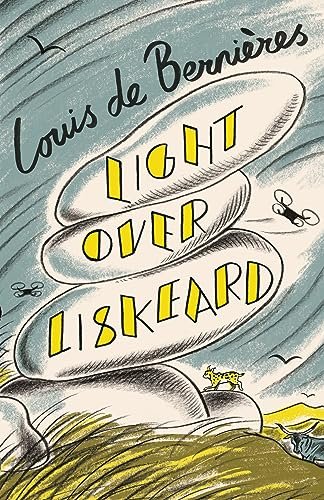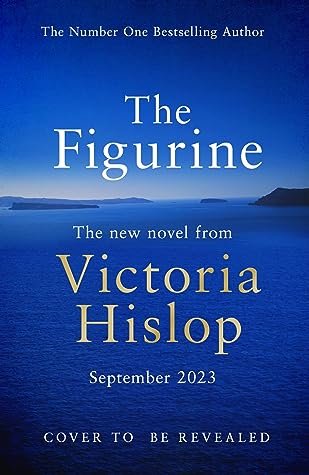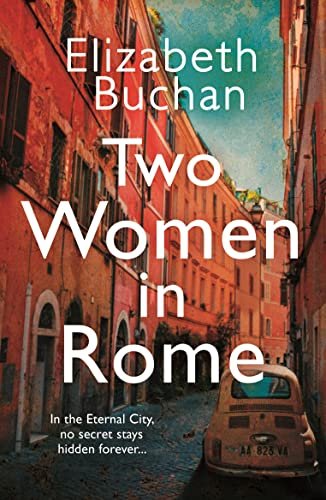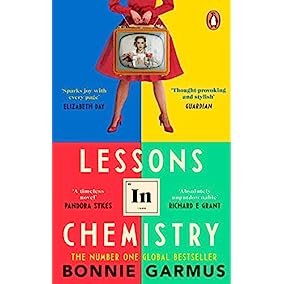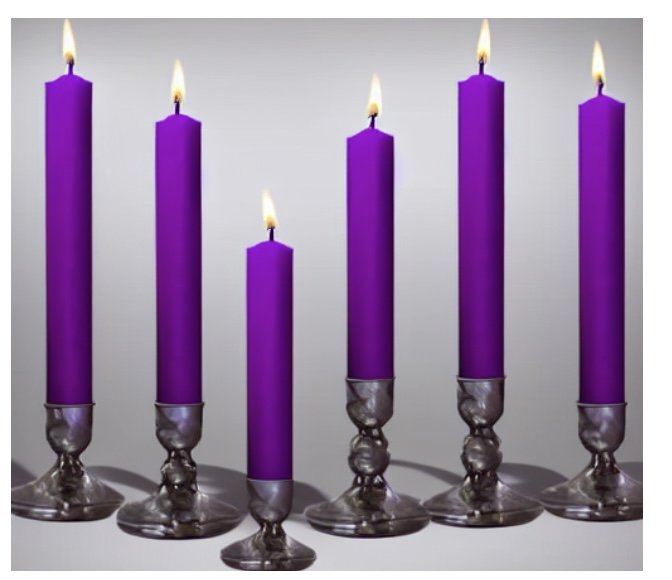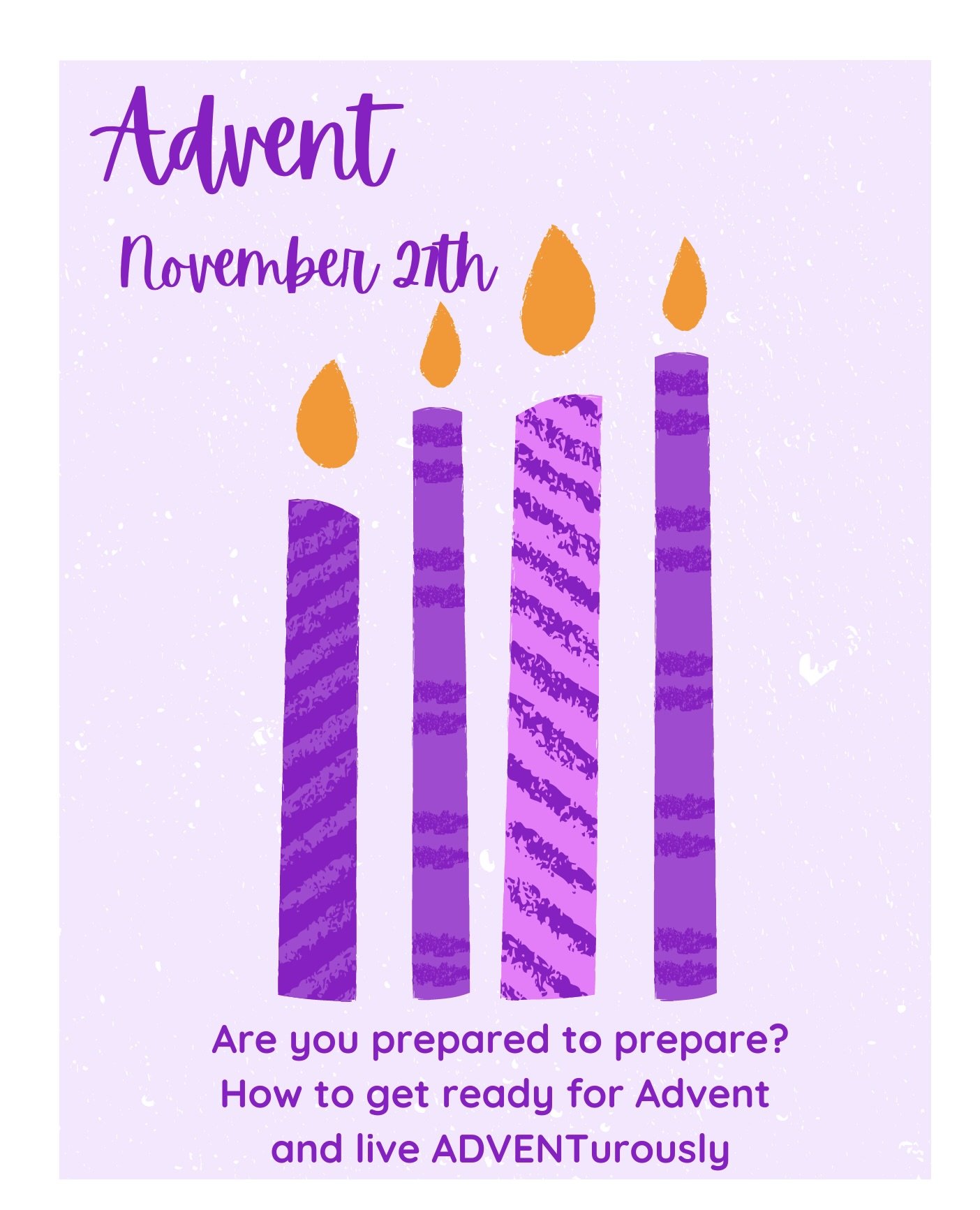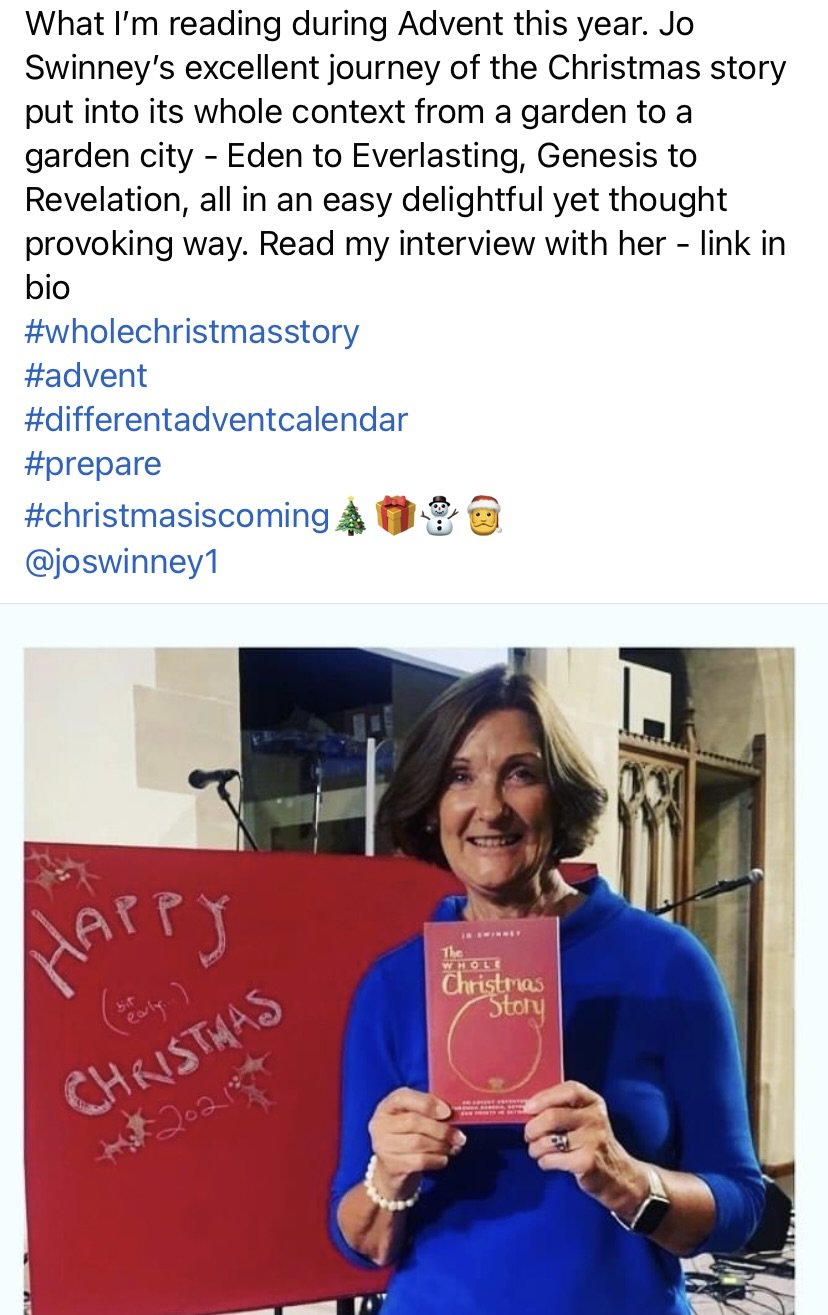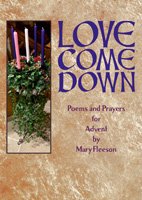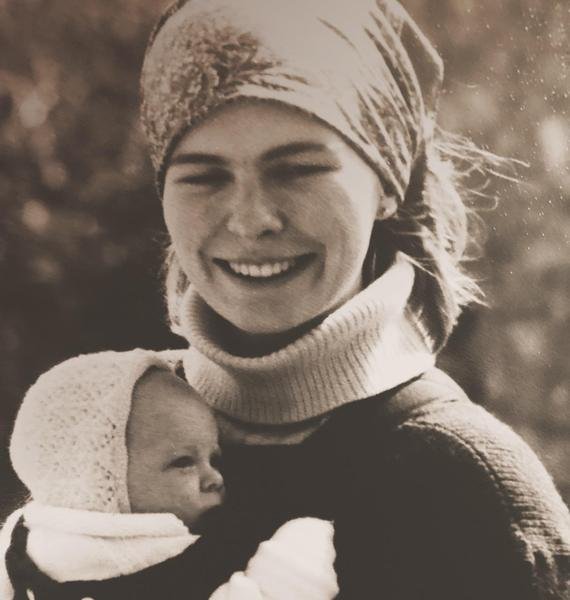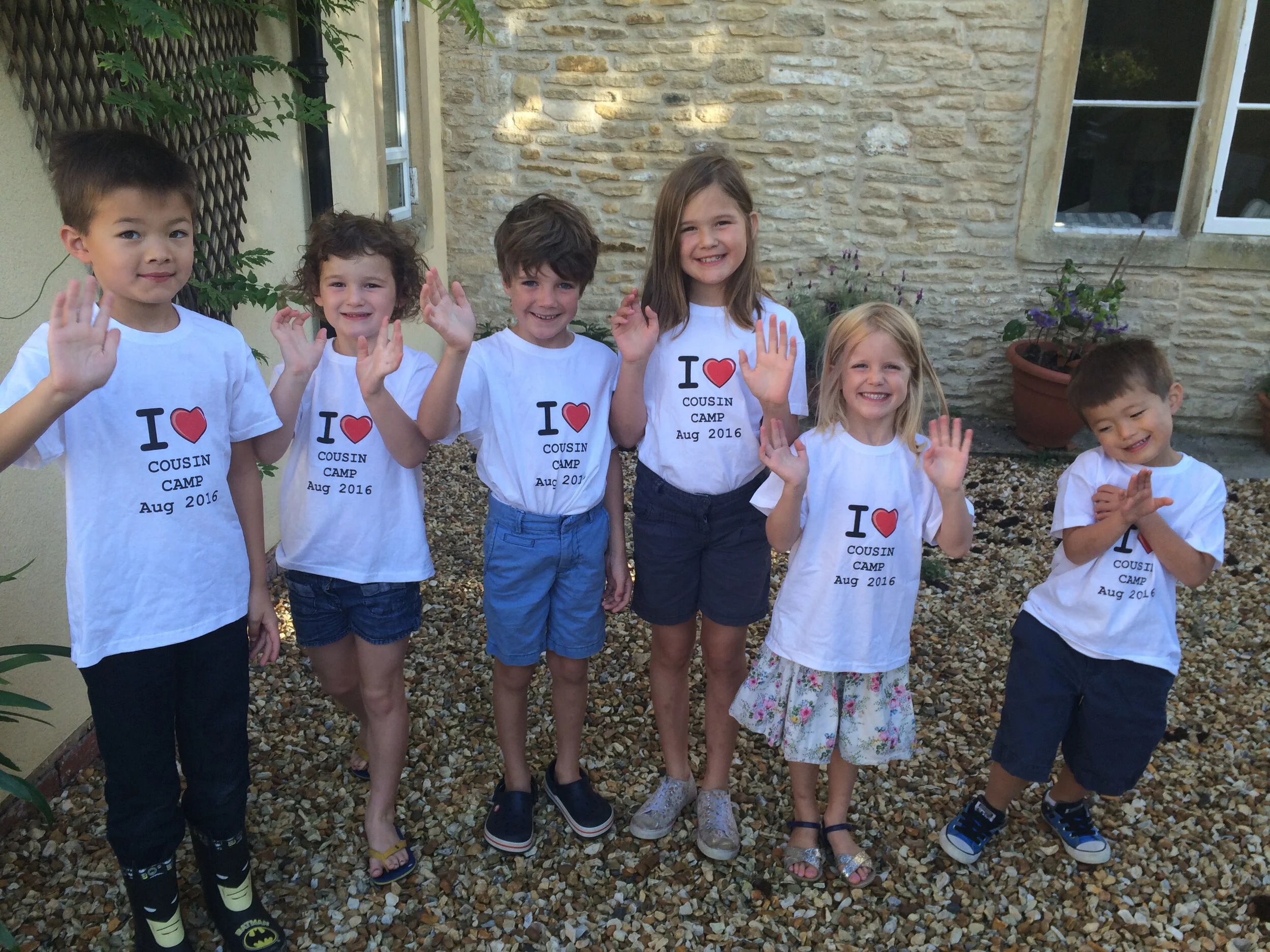What I'm reading this summer
Do you read more books in the summer? I certainly do - life seems slightly (not much, but a little!) slower, there’s more time to sit and read, and I enjoy sitting in the sun reading a good book. Alas this year there’s not been too much sun nor has it been warm enough, certainly in my part of England, to sit outside in the garden much. But there has, thankfully, been time to read. I’ve treated myself to an after lunch siesta on the sofa (OK, sometimes on my bed!) with a really good cup of black coffee and a really good book.
Here is a selection of some I have enjoyed:
This esoteric new novel from Louis de Bernières is set mostly in an old farmhouse in Cornwall, where Q, (or Artie, depending on where you are in the book) has escaped from his high pressured job as a quantum cryptographer, to build a new life, one which will, he hopes, help him to survive when the apocalypse happens. He soon learns to be self sufficient, restore old buildings and make new friends with the neighbours and those who, for one reason or another, live on Bodmin Moor. They may be some sort of hippy, or a spiritual person awaiting the end times, or perhaps the ghost of a woman who used to inhabit Q's house. Eventually his almost -adult 2 children join him, and he tries hard to lure his estranged wife, Penelope, to join them too, as Q feels his new existence will be safer when the end comes than being in London.
Is this set some time in the far distant future? All the work and a lot of the pleasure, is supplied by human-looking bots. People's lives are governed by their 'devices' and everyone is so bored with nothing much to do that they parade around in fancy dress costumes. Life seems to be barely worth living. And there is the constant fear that everything and everyone will soon implode, bringing an end to life as we know it.
Or maybe the book is poking fun in a tongue-in-cheek way at how our world is proceeding, Or perhaps it is a warning, reminding us of what is truly important - not bots, not AI, not a life with nothing to do, but a life of relationships and meaning, knowing who we are and what our purpose is.
This is a cleverly written book, not always easy to follow, but an interesting read and one that makes you think. I was soon involved with the characters, although a few were very peripheral and uninteresting, but the main characters and their lives were fascinating. Eva, who runs and runs in walking boots and who may or may not be Maudie too; Theodore, her wise father and Q's eventual friend; Fergus, who is reformed to a certain extent by Eva and Q's daughter Morgan; and Q himself, bemused by what he's trying to accomplish and by his nightly ghostly visitations.
I was glad to have persevered to the end. When it came it was a little abrupt - and leaves you wondering ....
With thanks to NetGalley, the publishers and the author for an e-ARC of this book to read and review.
The Book of Beginnings is a lovely, gentle read - with hidden depths as it explores themes of friendships, loneliness, and grief in its many forms. The characters draw the reader in: Jo, the main protagonist who is mourning the breakup of a relationship; Ruth, the Runaway Vicar with a hidden secret; Malcolm, an elderly gentleman struggling to write his first novel; Eric the Viking; and Highgate Cemetery itself with its secrets and ghosts and statues. And stationery and in particular, fountain pens.
My great-grandmother, grandfather and great-uncle are all buried in Highgate Cemetery; I have my own collection of fountain pens and can't resist new stationery and notebooks; and I'm a Vicar. So naturally this book appealed! I also like a place for everything and everything in its place - a constant repeated theme of the book. So I guess I'm biased from the start. But having said all that, this is a lovely book to read, with feel-good factors as the plot is worked out and we're drawn in wondering whether Eric is The One, whether Ruth will reveal what happened to her, whether Malcolm will be able to write his book. Christmas Eve in the cemetery is a lovely scene and its descriptions make it easy to imagine oneself there.
Some of the most interesting parts of the book are the imagined conversations between historical figures who are buried in the cemetery, and the research that goes into this. We learn more about them and what happened to them, and I really enjoyed this. It had more depth than the rest of the book.
As friendships develop and the main characters share more of their own stories and learn to trust one another, it makes one grateful for one's own friendships but also invites thought as to how to develop and maintain friendships in these times when so many sadly feel alone and lonely. How we reach out to others and how we develop trusted friendships is an important issue in our current times.
With thanks to the publisher and to Netgalley for the ARC copy.
This powerful novel is set in the not-too-distant future and raises many ethical, moral and cultural issues. IVF, surrogacy, attitudes to those who are ‘different’ to the accepted cultural norm, mental disorders and financial gains are each encountered, causing the reader to ask questions, ponder and maybe even rethink long-held views on some of these. Handled in an exquisite way by Sebastian Faulks, the plot is gripping and the characters well-drawn. There are scientific explanations, cause and effect implications and enough twists and turns to ensure that you want to keep reading!
During the first few chapters I did wonder whether I would like the book and was tempted to give up. I am so glad I didn’t and soon found that I was drawn in, wanting to know how things would work out, or not, for Talissa the surrogate mother, for Seth, her son, and for his parents Alaric and Mary. And Felix too, a former boyfriend to Talissa and soon sadly suffering with ‘young madness.’ And even, for Luke the scientist and his Parn Institute, where the IVF switch occurred to blend homo sapiens with Neanderthal DNA. Was the genetic manipulation done for the good of mankind? For financial gains? Or for even more sinister reasons?
Early on I was reminded of The Midwich Cuckoos; but The Seventh Son went further and deeper, and to my mind is a far better constructed and involved book. Fractionally less scary too, although the thought of what might be possible for mankind before too long was also a terrifying underlying theme here.
Sebastian Faulks’ writing has changed and developed over the years; I still hold great affection for the early novels – the French Trilogy of The Girl at The Lion D’or, Birdsong, Charlotte Grey. But The Seventh Son had me in its grip and the ending will stay with me for some time!
My thanks to the author, the publisher and Netgalley for enabling me to read the ARC and review this amazing, wonderful, terrifying book.
The Figurine is a long, light read, part beach read, part romance, part whodunit, part historical. Set mostly in Greece and mostly in the 1970's, the book makes you long to be in Greece, enjoying sunshine and sparkling seas, ancient sites and antiquities. I found it slow at first, with lengthy descriptions of young Helena, who is half Greek, half Scottish, visiting her Greek grandparents each summer and beginning to fall in love with Athens. The grandparents seem shadowy figures until much later in the book when the wheelings and dealings of her grandfather take an important part and some of the earlier incidents start to make more sense.
The historical events in the Greece of the 1940's and then the 1970's were eye-opening as I knew hardly anything about Greek history of the 20th century. And the whole question of the looting of ancient sites by those eager to make a fortune was also very interesting. It was enlightening to read about archaeological digs and the Bronze Age, about how the finds are treated and how the auction houses who sell them work. But it all raises vast questions about this whole area and perhaps deserves a more serious novel that goes deeper into the problems and implications. Who pays the price of this undercover trade and what lengths are people prepared to go to in order either to hold on to what is uncovered or to make a fortune from it.
The Figurine is an easy, if long read, just right for taking on holiday, especially if you're going to Greece.
Thanks to NetGalley and Headline Publishers for my ARC e-copy in exchange for an honest review.
Gail Simmons sets off alone to walk from Southampton to Canterbury Cathedral, following the Old Way as outlined on the mediaeval Gough Map. She does the journey a week at a time, interspersed with lockdowns and work, and in different seasons, each of which is described in its celtic or pagan roots - Imbolc, Ostara, Lughnasa, Samhain, Beltane. Along the way, the author imagines how the pilgrimage might have been undertaken by 'Alice of Southwick' an imaginary woman whose husband Richard was indeed a real person. As the author walks from old church to old church, her feet on her beloved chalk lands, and as she encounters Weather, history and language, she describes her journey, her feelings and her encounters, interspersed with historical, geographical, linguistic and naturalist knowledge.
The book is part memoir, part travelogue, part sharing of knowledge. The story of St Thomas Beckett is woven through the book, as is that of those he knew such as Henry VIII. I felt occasionally that some of the information was a little patronising, coming over as 'see what I know.' But that is a minor irritation, as most of the book is beautifully written and takes the reader on the journey too. I would have liked a map with the towns and villages visited marked on it, as I had to keep stopping to look online to see exactly where she'd arrived! The small black and white photos were sometimes a little too small, but it was nice to have them included. Although this journey follows a long-lost pilgrimage route to Canterbury Cathedral, and involves visiting many wonderful old religious and spiritual sites, it is written from a non-faith point of view and is a little dispiriting in that way. However, the book is delightfully well-written and easy to read.
Having walked the more northern route of The Pilgrim Way from Winchester to Canterbury (all in one go, not a week at a time!) it was wonderful to re-live a long walk, told in such a beautiful way, and it has renewed my love for long-distance walking - am about to walk from Coventry Cathedral to Bath Abbey, some 220 miles, all in one go!
I was fortunate to wake up in Florence on my 70th birthday earlier this year; and returned to Italy with family in June. So I have read several books set in Italy recently. Elizabeth Buchan’s novel, set in Tuscany in general and Rome in particular, is a delightful read. The two women are in Rome, Nina in the 1970’s and Lottie in the present day. Lottie is an archivist and soon stumbles across a painting left behind by Nina - and then discovers no-one attended Nina’s funeral after Nina mysteriously dies. The story is divided between the two periods and the two women, and of course their lies become linked - although not in the way I had thought they might be! The voices of the two women are distinct so the switching between periods was easy to follow. I knew little of Italy in the 1970’s and of the links with the USA, with some dark underlying influences which are also underlying to this book.
I found it an engaging read, without being heavy, and enjoyed it as a summer novel.
Is this a ‘Marmite’ book - one you either love or hate? Several people recommended it to me as they loved it. So I plunged in eagerly - only to find it intensely annoying. My schooling involved no science whatsoever (not even biology!) and this whole book took me into science and scientific terminology that I did not appreciate! I didn’t like the book as a whole and felt uncomfortable reading it, with what I considered an underlying agenda of anti-men, anti-church and anti-Christian thoughts: a political, woke theme prevailed.
Was it meant to be read tongue-in-cheek? Of course, it is set in the 1950’s, a period when a woman’s place was in the home and a male-dominated society meant that women were unlikely to be treated equally, particularly in the work of science and business. Elizabeth Zott, a woman with a brilliant mind, faces fierce opposition in her scientific research - and only achieves ‘success’ when she almost accidentally becomes a TV cook and personality. People have told me it’s a laugh-out-loud book; I was horrified by the detailed brutal rape scene, depressed by the deliberate anti-Christian attacks, and failed to find anything humorous about the book. It feels as though modern sensibilities are squeezed into a bygone era. No doubt it will be made into a film …. it felt as though that might be why it is written the way it is!
The Castilians: Scottish Historical Fiction - the Siege of St Andrews Castle (The Seton Chronicles Book 1) V. Masters
I read this because it popped up as a sponsored ad on my Facebook feed, and it’s set in St Andrews, my alma mater, and it’s historical fiction. I fell for the ad, in other words. However, I enjoyed reading it, could imagine the places where the events took place, and knew a little of the history of the events of 1546, as the Reformation swept the land. A young preacher is burned for his beliefs, and in return the rebels capture Cardinal Beaton, who is interred in the castle and murdered. The story in this book is told from the viewpoint of Will and Bethia, brother and sister, who are caught up in the events. Will runs away from home to join the rebels in the castle, Bethia tries to rescue her brother and bring him home, partly because she fears for his life, partly because she fears losing her fiancé if he knows her brother is a rebel.
The story is well-told, and brings the period and the place to life. I enjoyed it - but not enough to read any others in the series.
The Bookbinder of Jericho is Pip Williams’ second book about the printed words in Oxford, her first being The Dictionary of Lost Words, which I read last year. Both books are engrossing. I love words, books, printed matter, and these two stories are each set in the world of books and printing.
The book binders are Peggy, and her twin sister Maude. Peggy is an intelligent and well-read young woman, although she’s told her job is to bind the books, not read them. Maude, who also binds books, suffers from autism and and echolalia.
It’s set in Oxford just as the First World War breaks out; Peggy is longing to go to Somerville College but women of her class and station were not easily accepted into academic realms. She has full responsibility for Maude, and for their life living on a narrow boat. Peggy also volunteers as a visitor to the wounded Belgium soldiers.
This book explores the themes of a woman’s place during WW1, and is a wonderfully- written exploration of women from different backgrounds and how the war shaped and changed them, alongside the suffragette movement and women’s ambitions and dreams.
Beautifully written, well -researched and full of vivid descriptions of women’s lives in that period of history. The characters seem very real and have challenging and thought-provoking stories and situations. One to re-read!
If you love France and especially France profond; and if you love descriptions of French people and the French way of life and French recipes, then this is for you! I thoroughly enjoyed the way all this is enthusiastically written, a month at a time through the year.
It helped that I heard John Lewis-Stempel talk about his new book as it was launched in Toppings in Bath and enjoyed his irresistible humour and love of the land. He and his wife have swopped rural Herefordshire farming for what is actually self-sufficiency in the Charente; and it sounds like hard work. But it does tempt one to move to rural France.
Recommended!
I read ‘Under The Tuscan Sun’ years ago; have snooped around Cortona and Frances Mayes’ house there; and have enjoyed cooking recipes from her Tuscan cookery book. But this one I hadn’t seen - it was on the shelf in the farmhouse our family rented in June so of course I swooped in.
I really appreciate her style of writing - it’s lyrical and lures her reader in. And of course I love Tuscany.
France or Italy? Italy or France? I’ve backpacked across France and fell in love with Aquitaine. And I’ve just booked a month’s mini sabbatical in Florence for 2024. I love both countries; just wish I could speak their languages …
Finally, my current daily devotional - one that I highly recommend.
I’m really appreciating this new 30 day devotional by Georgina Tennant with its emphasis on how God sees us and who he is. Even when we feel (I guess this is many of us?!) unseen, unacknowledged, unloved and misunderstood.
Every day there’s the story of a Biblical character, and these are drawn from both Old and New Testaments, who was seen by God, and who learns more of who God is in a way that speaks into their situations. We are encouraged to trust in a God who sees us, understands us and knows us intimately.
There are thought -provoking questions at the end of each reading, suggestions for follow-up if you have time (the author never assumes that you have hours to spare) and there is also a song to listen to. There is a Youtube link for each song, and I find the song particularly helpful as I can sing it all day (or listen to it) as a reminder of how the Lord has spoken to me that morning.
The gentle style and the topics covered are relevant to each of us no matter what stage of life - I’m finding it really helpful, but I’ve also ordered copies for my teenage granddaughters as I think it will be great for them too.
Do get hold of a copy (online, at Amazon or Eden) or signed copies from the author herself.
What are you reading and what do you recommend me to read next?

